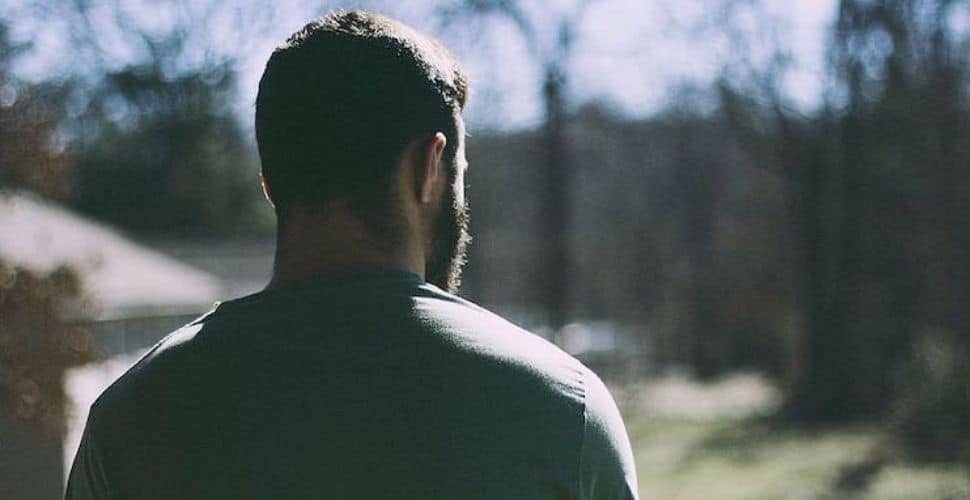In an opinion piece for Thomson Reuters Foundation, immigration lawyer Ayesha Mohsin made a new plea for the U.K. to increase its support to victims of modern slavery, which she described as “pitiful.”
The piece from Mohsin, who works with the charity Kalayaan, comes days before the U.K. marks Anti-Slavery Day, recognized every year since 2010 to raise awareness of human trafficking and modern slavery.
Yet Mohsin argues, in agreement with experts and civil society groups including Freedom United, that in spite of this awareness-raising the U.K. government is failing victims and survivors.
Modern slavery victims in the U.K. are supported through the National Referral Mechanism (NRM), which is designed to provide victims with financial assistance and safe accommodation.
But with sums as low as £35 ($45), this support is extremely limited—especially for the many modern slavery victims who, as migrants or people seeking asylum, are banned from legally working and supporting themselves.
This scant assistance and unjust exclusion from legal work leaves many victims vulnerable to destitution and re-exploitation.
Mohsin writes for Thomson Reuters Foundation:
Kalayaan provides assistance and advice to migrant domestic workers within the NRM. One lady described the £39.60 she receives, as being “so little”. She went on to explain how she managed her budget. Every week, she saved half the money she received for transportation and with the rest, one week she would buy food. She listed bread, rice and meat, which she shared because she felt she had to contribute something to those she lives with, to avoid becoming a burden. The following week she would use the other half to buy her personal items, eg sanitary products.
If she runs out of money she relies on the generosity of her friends, who will also share their medicine and even their vitamins to keep her healthy. All her clothing has been donated by friends. When I asked what she would buy, if she was given more money, she knew exactly what she needed; a warm coat and some shoes. She cannot afford to buy these items. It is shocking to hear, that in this wealthy country, someone who the government has identified as being vulnerable and in need of help, goes without a warm coat.
A better approach, argues Mohsin, would be to base financial support on a victim’s calculated needs—and to allow them to work.
During COVID-19, the modern slavery risk in the U.K.—and around the world—has risen dramatically, making the need for reform all the more urgent.
This Anti-Slavery Day, Mohsin argues that it is high time the government—which is presently reviewing current support to victims—takes the crucial step of giving victims on its territory the support they need and deserve.
Freedom United has gathered almost 80,000 signatures calling on the U.K. government to pass the Modern Slavery (Victim Support) Bill, which would guarantee adequate support.
This Anti-Slavery Day, join them and add your name today.





Freedom United is interested in hearing from our community and welcomes relevant, informed comments, advice, and insights that advance the conversation around our campaigns and advocacy. We value inclusivity and respect within our community. To be approved, your comments should be civil.